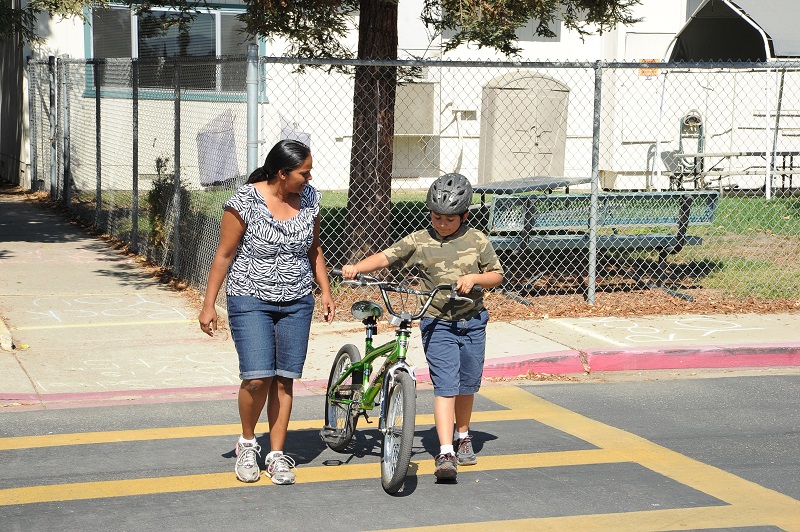
There is good news for a number of programs that support work on physical activity, many of which had been proposed for elimination under the President's proposed FY19 budget.
We’re nearing the end of September, which means it is time for Congress to reach resolution on the annual appropriations process. By September 30, Congress must either pass funding bills for the various federal agencies or extend them through a continuing resolution.
In a change from last year, where the appropriations process wasn’t resolved until nearly halfway through FY2018, Congress has been making progress, with 3 of the 12 annual spending bills already passed. This week, Congress is expected to vote on a funding package that would fund defense, labor, health and education. If the President signs it into law, it will be the first time in more than 20 years that Congress allocates health and education funding before the end of September.
There is good news for a number of programs that support work on physical activity, many of which had been proposed for elimination under the President's proposed FY19 budget, including:
- The CDC’s Division for Nutrition, Physical Activity and Obesity (DNPAO) got a small $2 million increase, bringing their total funding level to $57 million. This agency provides critical leadership and funding for efforts around the country on increasing physical activity.
- Congress added another $5 million to CDC’s REACH program (Racial and Ethnic Approaches to Community Health) that gives grants to address health disparities, including physical activity, bringing it to $56 million.
- The High Obesity Counties program, which is run by DNPAO, was retained at $15 million. This program gives grants that focus on increasing access to healthier foods and safe physical activity in primarily rural counties.
- At the US Department of Education, the Title IV Student Support and Academic Enrichment grants, which help school districts offer a range of student health and safety activities, will be increased by $70 million to $1.17 billion.
However, a number of agencies are still under negotiation—including transportation spending. The defense/health funding package includes an extension of all other as-yet-unfunded agencies until December 7—meaning that Congress will return after the November elections to finish up the outstanding appropriations work. So, decisions on funding for transit, Amtrak, and the BUILD (formerly TIGER) program will be waiting a few more months.
Another Congressional priority that is in the mix for potential consideration before they adjourn for the fall is the AV START bill. This legislation would provide legislative guidance on automated vehicles (AVs). Unfortunately, the current legislation has a number of flaws, including:
- Does not contain performance standards to ensure that AVs are safe around people walking and biking.
- Preempts the ability of cities and states to require additional safety standards or data reporting from AVs.
- Prohibits the federal government from requiring disclosure of data from AVs (for example, on how safe the vehicles are).
We join with our partners, including the League of American Bicyclists, the Transportation Equity Caucus, and the National Association of City Transportation Officials, in expressing our significant concerns with the AV START Act. We hope that Congress will hold off on passing this legislation until it has been improved to address significant safety concerns.

